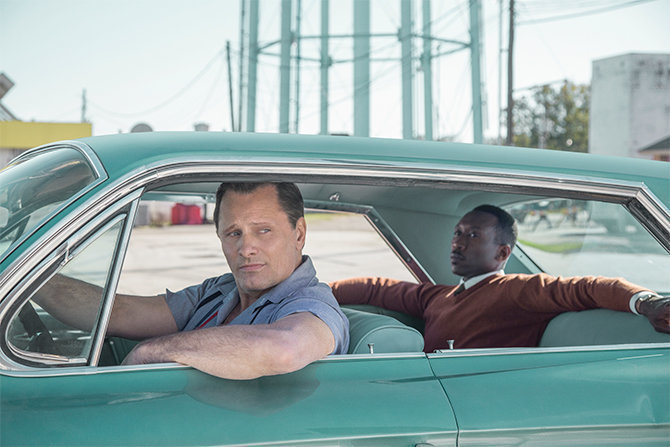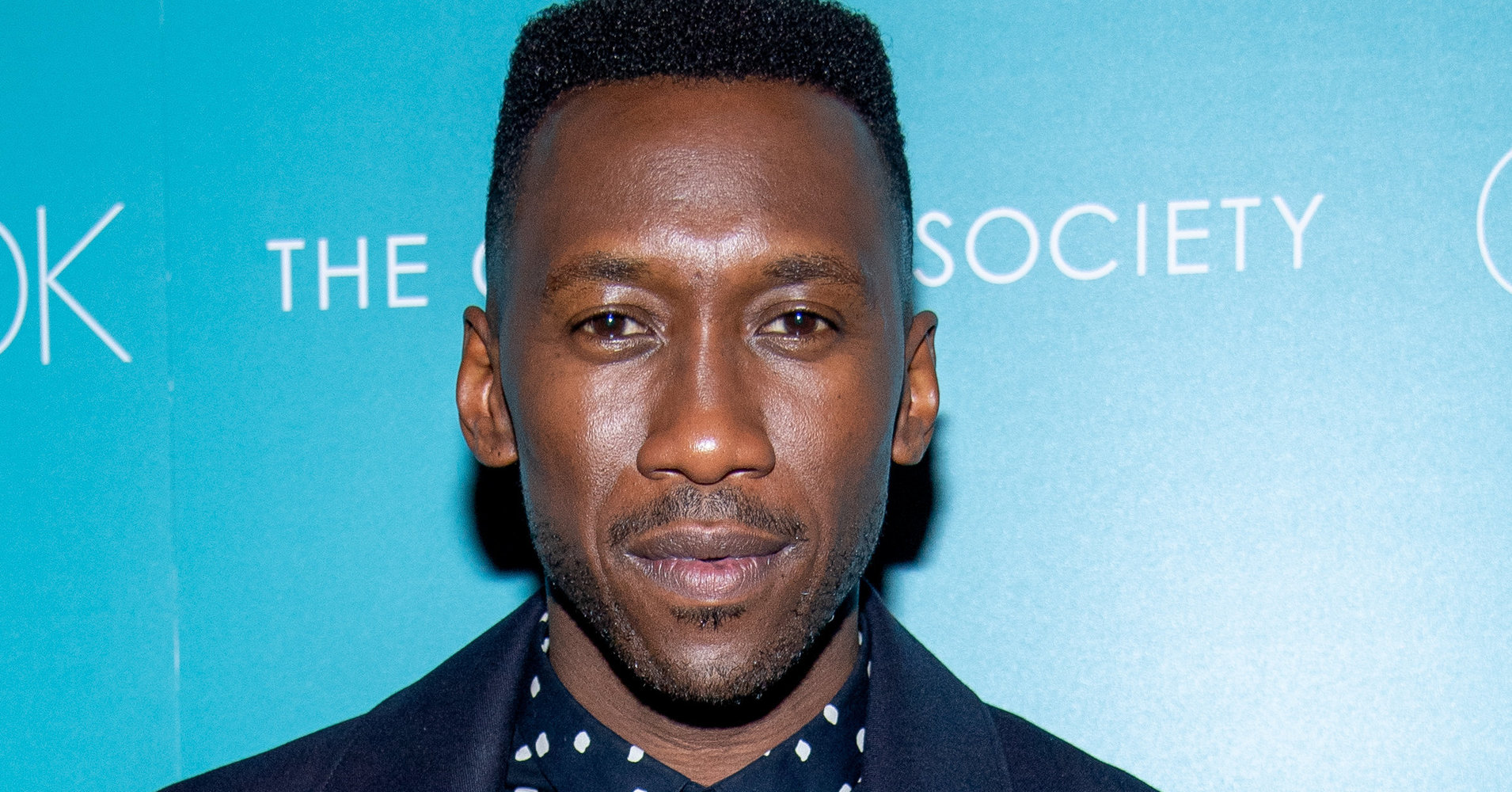[ad_1]
Actor Mahershala Ali has reportedly reached out to the family of jazz pianist Don Shirley — the character he portrays in the award-season darling “Green Book” — to apologize for the film, according to the news site Shadow and Act.
In November, Shirley’s nephew Edwin Shirley III and the pianist’s 82-year-old brother, Maurice Shirley, told NPR’s 1A Movie Club that the film is brimming with inaccuracies. Maurice went as far as to describe it as “a symphony of lies” to Shadow and Act.
Upon hearing their comments on NPR, Ali reportedly called both Maurice and Edwin the same day the episode aired.
“I got a call from Mahershala Ali, a very, very respectful phone call, from him personally. He called me and my Uncle Maurice in which he apologized profusely if there had been any offense,” Edwin told Shadow and Act. “What he said was, ‘If I have offended you, I am so, so terribly sorry. I did the best I could with the material I had. I was not aware that there were close relatives with whom I could have consulted to add some nuance to the character.’”
“Green Book,” which has been nominated for numerous Golden Globe Awards, including for supporting actor for Ali, follows the unlikely friendship between Tony “Lip” Vallelonga (Viggo Mortensen), a working-class, tough-talking Italian from the Bronx, and Shirley (Ali), a black and queer piano prodigy with a doctorate who lives in a luxury apartment above Carnegie Hall.

CINE 54
In the film, Shirley hires Tony Lip to act as a driver and bodyguard as he embarks on a musical tour of the Jim Crow South in the early 1960s. During the road trip, the duo are guided by the Negro Motorist’s Green Book, a travel guide for black motorists that which was given to Tony Lip by Shirley’s record label. Shirley is portrayed as being estranged from his family and the black community and even seems embarrassed by his blackness. He’s well-educated and brilliant, but he drinks alone in his hotel room each night after gigs. Tony Lip is charming but rough and is overtly racist. The two bond after Tony Lip introduces Shirley to Little Richard and fried chicken, and he saves Shirley from multiple racist incidents. By the end of the film, Tony Lip is less racist and is said to have become lifelong friends with Shirley.
The film was co-written by Tony Lip’s son Nick Vallelonga, who based the screenplay on his father’s recollections of the road trip. Vallelonga and director Peter Farrelly (“Dumb and Dumber” and “There’s Something About Mary”) have stressed the film’s accuracy in the press.
“Everything in the film is true,” Vallelonga said on “NBC Nightly News.” “The only creative license we took was combining some stories, time-wise, what happened in this state might have happened in another state. But everything was true, and that was really important to me and Pete the director, that we told the truth.”
Shirley’s family members disagree, however, and are furious about the portrayal of their relative in “Green Book.”
They told NPR that the film is “full of lies,” that Shirley was not estranged from his family or the black community, and that he “had definitely eaten fried chicken before.”
The family told Shadow and Act that there wasn’t a close friendship between Tony Lip and Shirley and that their dynamic “was an employer-employee relationship,” according to Patricia Shirley, Maurice’s wife.
The family also told Shadow and Act that the movie had been pitched to Shirley while he was alive and he didn’t want it made.
“I remember very, very clearly, going back 30 years, my uncle had been approached by Nick Vallelonga, the son of Tony Vallelonga, about a movie on his life, and Uncle Donald told me about it,” Edwin said. “He flatly refused.”
Shirley’s niece, Carol Shirley Kimble, also called NPR and left a voice message, which was played on air.
“There was no due diligence done to afford my family and my deceased uncle the respect of properly representing him, his legacy, his worth and the excellence in which he operated and the excellence in which he lived. It’s once again a depiction of a white man’s version of a black man’s life. My uncle was an incredibly proud man and an incredibly accomplished man, as are the majority of people in my family. And to depict him as less than, and to depict him and take away from him and make the story about a hero of a white man for this incredibly accomplished black man is insulting, at best.”
HuffPost reached out to Ali to confirm he called Shirley’s living relatives, but he did not immediately respond.
[ad_2]
Source link

